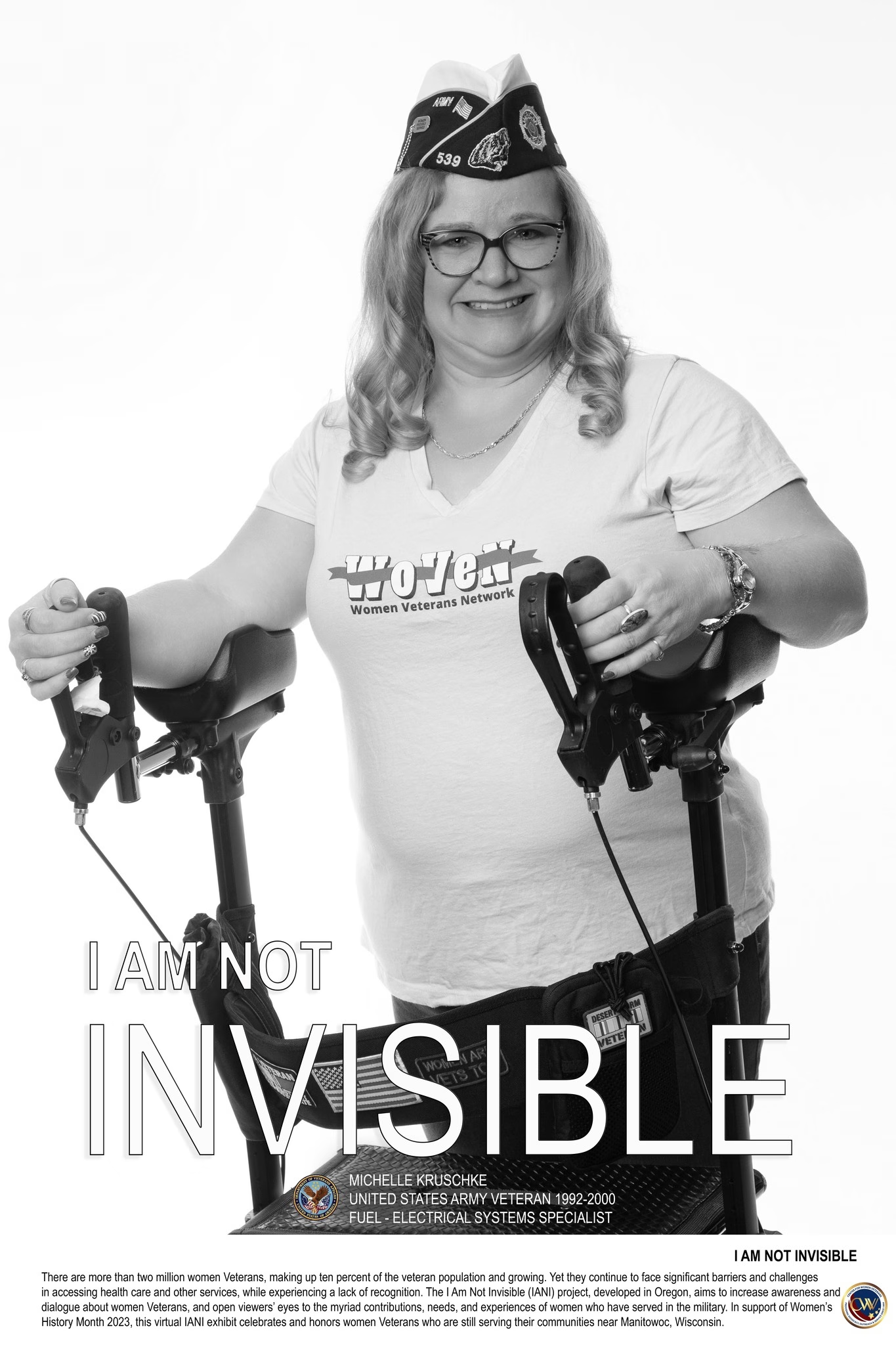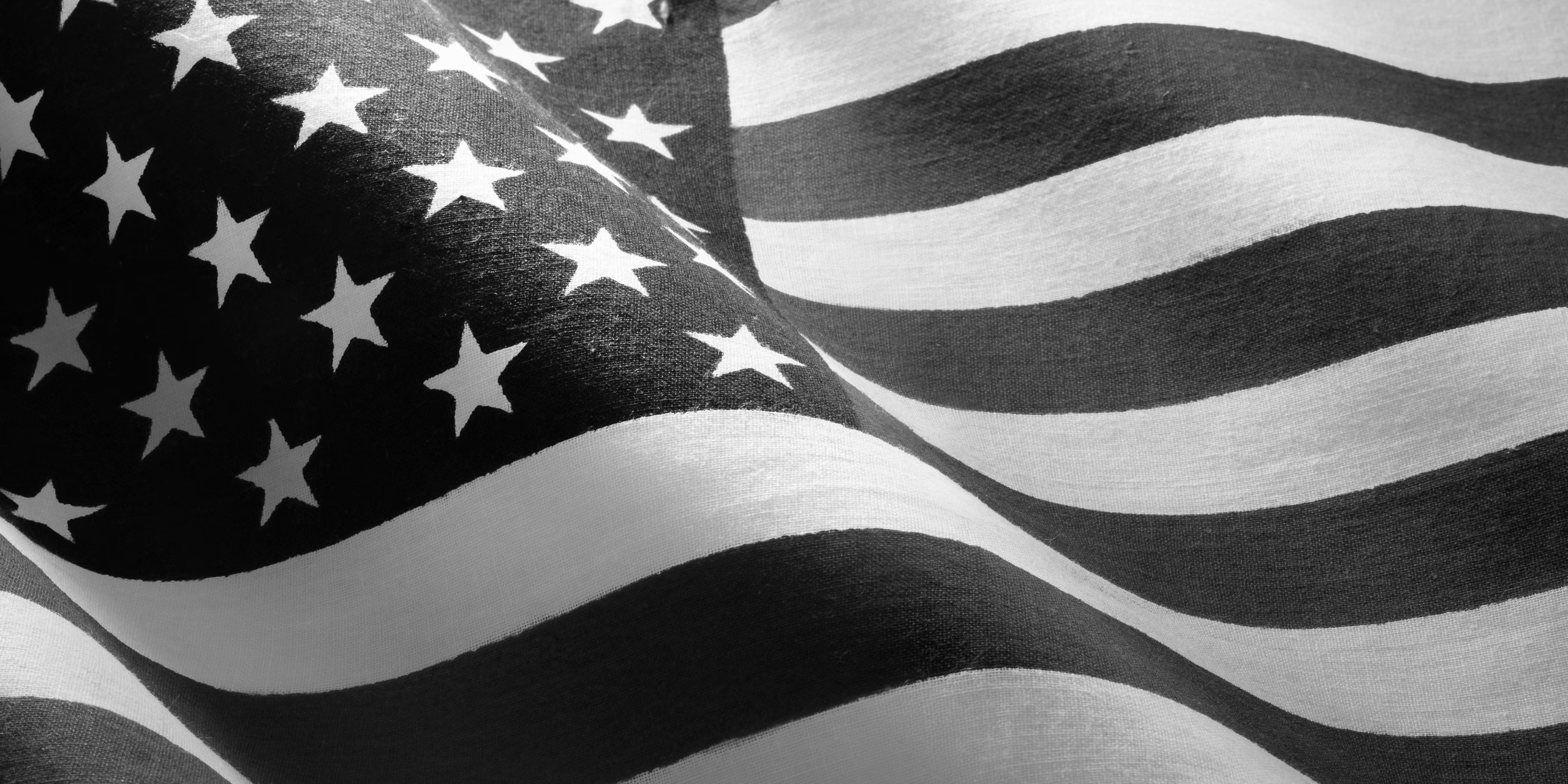I served in the Army and Army Reserve from 1992 to 2000. I joined the Army for several reasons. I wanted a new start somewhere away from people trying to dictate my life’s direction, and I was engaged to a man already in the Army. At the same time, my family has a long history of military service going back to the American Revolution, but no women had ever served (officially). When I joined right after Desert Storm, there was also a tremendous sense of patriotism in the US, and I wanted to serve my country.
I served primarily stateside with a brief period of training in Germany. Despite my desire to “go where the action is,” I did not get that opportunity. It was many years before I could shake that sense of failure. I eventually realized and accepted that if I were not here doing my job, my brothers and sisters could not do their jobs there. What I did was also crucial to the greater mission.
Because I spent the last few years of my military career in the Army Reserves, I felt like I was living in a gray area: not quite Army and not quite civilian. I had a greater sense of structure, a stronger work ethic, and a respect for hierarchy. That was not as strong in civilian workplaces. Because I was in the Army Reserve, I had no transition back to civilian life. One month you went to drill, the next month you didn’t. No one explained my options, benefits, or what to do next. The biggest challenge after my military service was dealing with injuries that I sustained during my military career without knowing where or how to get help.
When I needed it the most, I was married to someone medically retired from the Army, and I could at least get started finding veteran resources. Later, the internet helped me connect with resources for women veterans. Once I found one resource, I was able to find others. The first one of any quality was the hardest. There are quite a few out there, but many are almost useless, especially if you are not local to them. I tried my local American Legion, where I lived then, and was directed to the Ladies Auxiliary. Another Legion post would not even return my inquiries. I found the Women Veterans Network (Woven) through a veteran friend online. I joined the DAV, which did not seem to care about gender. I found women veteran retreats through other women veterans. After moving to Green Bay, I found an all-women American Legion Post (Post 539).
Now, through my network of women veteran contacts, I connect other women to resources either online or in their area of the country. I also help women veterans get access to the benefits they have earned with their service. Sometimes, that means helping them realize that they are, in fact, veterans and do have benefits for themselves and their families.

